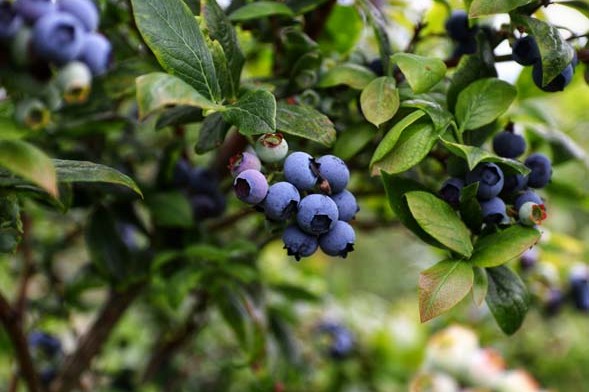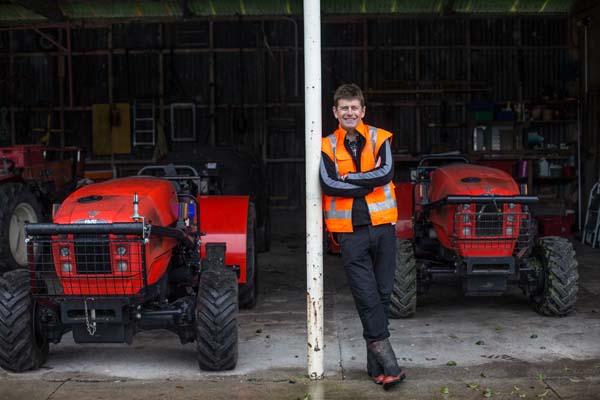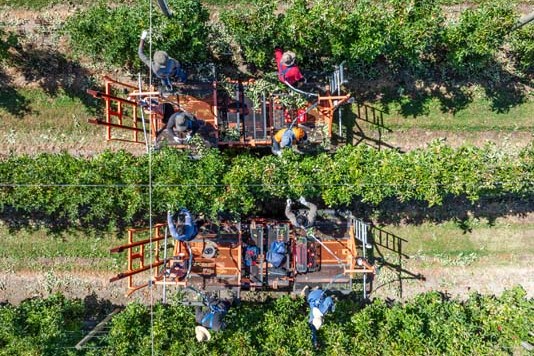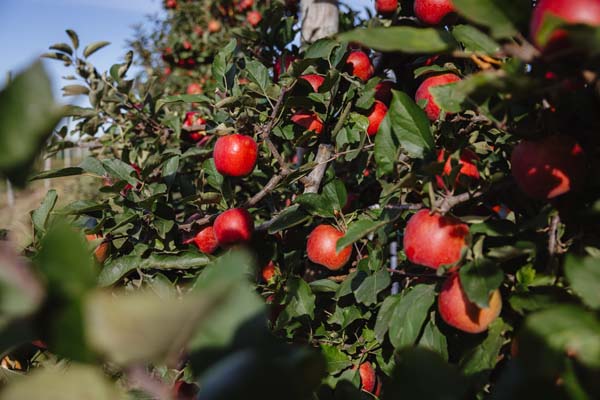Natural rearing makes Pearl Veal the real deal
The aim of a pasture-raised veal system is to give calves great lives and keep rearing as close to nature as possible, Anne Lee writes.
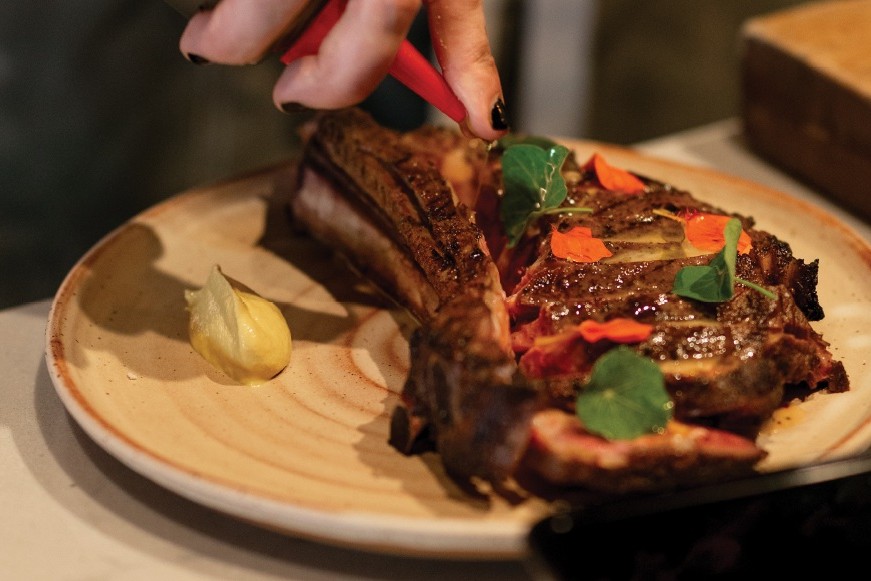
Alan McDermott spends as much time with chefs and the end users of his Pearl Veal products as he does with the farmers rearing the animals.
Developing the markets and educating chefs, talking to them on what cuts or dishes will work in the menus they’re aiming to create, visiting them in their kitchens and letting them try it for themselves is a big part of getting others to see what a gem of a product pasture-raised veal is.
Veal has had a bad rap in the past due largely to the connotations from overseas systems of milk-fed, young animals, reared indoors.
Alan’s very aware of that and has focused on creating an animal-centric story where, rather than young calves becoming a by-product of producing milk, their status and value is elevated so they are retained and reared on.
“It’s a very honest, open story and it’s one about giving these young animals a chance to flourish and have a good life.”
Instead of a four-day-old calf heading for the bobby truck, they’re reared on contract by the dairy farmer until they’re weaned at 100kg liveweight.
They’re then sent to a contracted beef finisher to be grown on until they’re 280–340kg liveweight, typically by 10 -12 months old.
In some cases, the dairy farmer is also the contracted finisher.
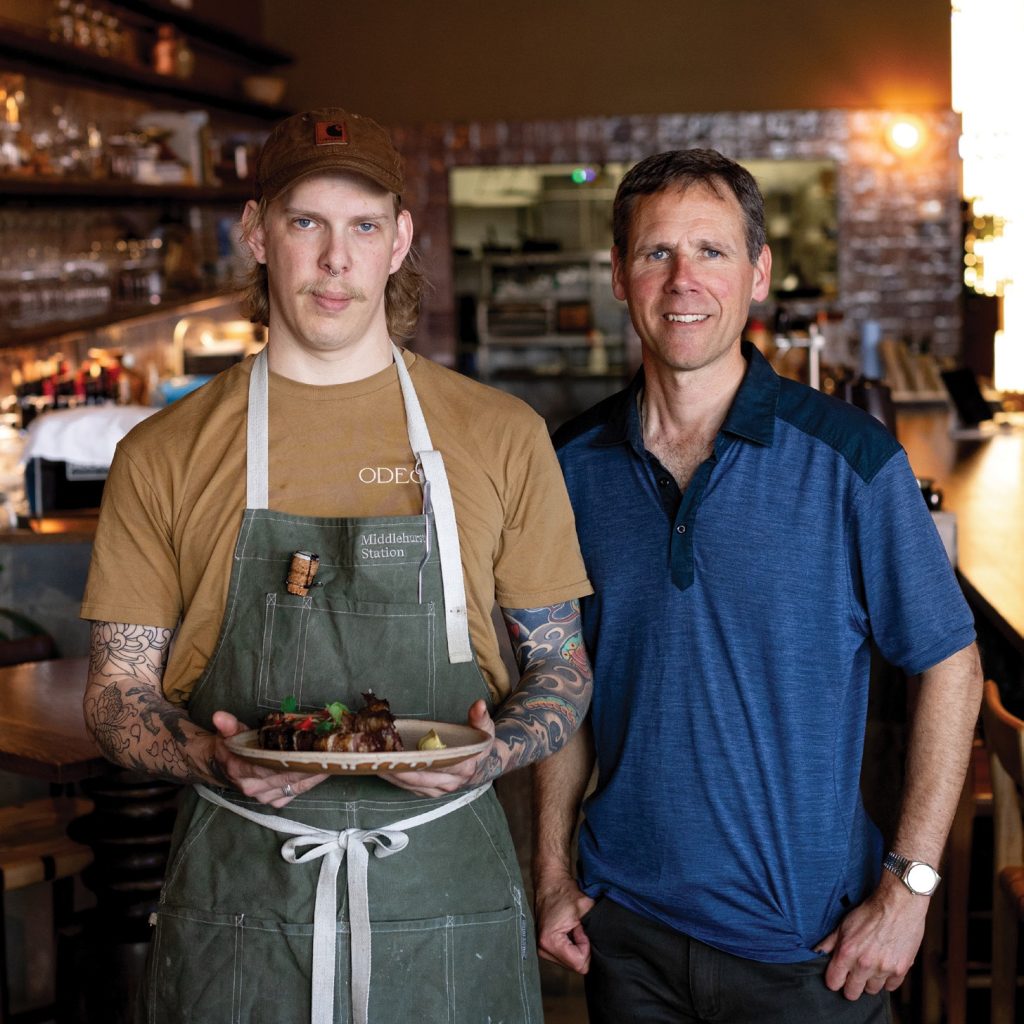
This season, the company’s third, there are 18 farms, mostly in the South Island, contracted to rear calves.
Currently the animals are coming exclusively from dairy farmers supplying Synlait, with the company’s farm assurance programme, Lead with Pride, and its stringent auditing, providing Alan with a place to start when it comes to securing the rearing contracts.
Alan says the aim is to give calves great lives and keep the rearing system as close to nature as possible.
“We want the ingredients list to be as short as possible when it comes to rearing these animals, so it’s whole milk and pasture.
“They get pasture hay – and water of course – but there’s no calf muesli or meal with the additives that can go with them.”
That means no coccidiostats, usually blended with the calf meal, which act as an antimicrobial to protect young animals from disease.
Some overseas markets don’t allow antibiotics and coccidiostats can fall into that category.
Instead, the focus is on ensuring high passive immunity by good colostrum management – getting plenty of gold, first milking colostrum that’s high in natural immunoglobulins into calves within hours of their birth.
“Our farmers are all testing calves to make sure that passive immunity is where it needs to be.”
Calves get access to grass and move outdoors full time as soon as possible which also helps reduce disease challenge.
They must have good shelter too.
“We like them to be at the 100–115kg mark before they move on to be grown out by the finisher because at that point, they’re more robust and ready to move and have been set up really well to make the best possible transfer.”
Alan says the European beef breeds, used over dairy cows, are providing great growth rates and quality product.
Charolais and Belgian Blue are among a range of good performers and while a cow with a strong Friesian genotype will also help with growth rates, he has plenty of Jersey cross calves contracted too.
Getting animals to the target weights within the year means they’re afforded first-class treatment, lush pastures, close checks on animal health and plenty of gentle handling.
At close to a year old the animals are larger but still young enough to produce an exceptional, tender, quality product.
It’s still lighter in colour than beef, but has the blush of pasture-raised meat rather than the pallid colouration of the very traditional, milk-only veal from very young animals.
Testing shows the veal from the 10–12-month animals is significantly lower in fat than beef and has a milder flavour, Alan says.
Developing the full supply chain has taken time and effort to ensure the procurement, processing and delivery results in a top-quality experience for the consumer.
The veal is aged for three weeks and then frozen.
It’s not just about the traditional prime cuts either.
Making use of the whole animal is important and Alan says the tenderness and high quality of the pasture-raised veal means restaurant quality dishes can be produced from every cut – from the trim to rump, topside, ribeye, short ribs, chuck and blade.
As well as being sold to restaurants throughout New Zealand, Pearl Veal will be available at select retail outlets soon and Alan is launching an online shop out of his Instagram account in time for Christmas ordering.
It’s also exported to Japan with other overseas markets in the pipeline too.
In late October the Pearl Veal product won the Silver Fern Farms Market Leader Award for 2023 at the Beef + Lamb NZ Awards, which Alan said was a wonderful experience and honour.
“We are proud of our progress but there is much more to do.”


